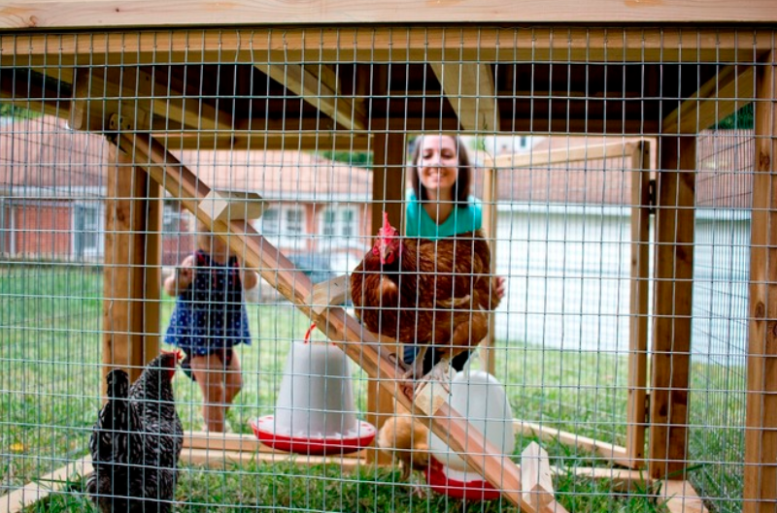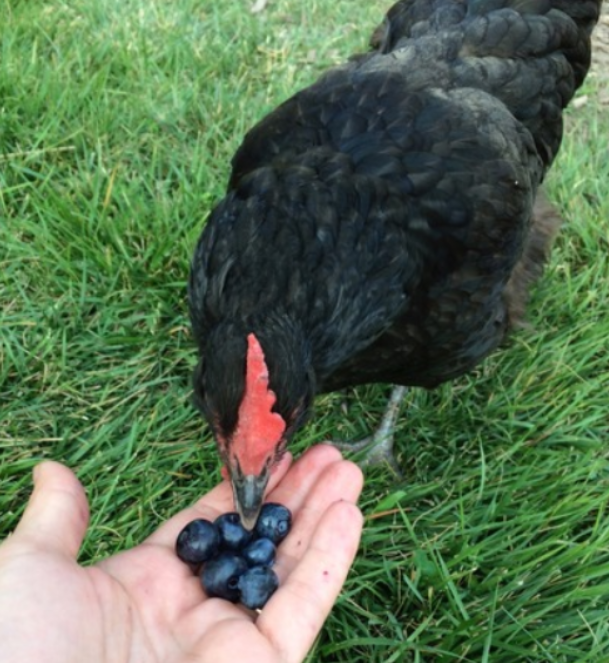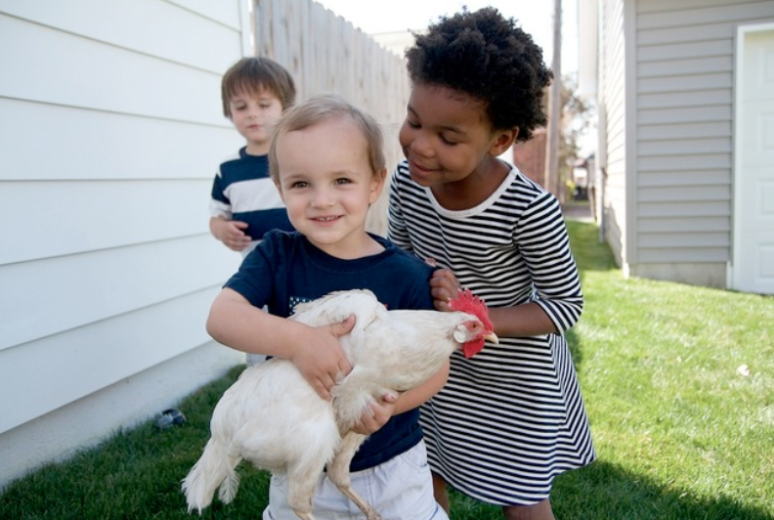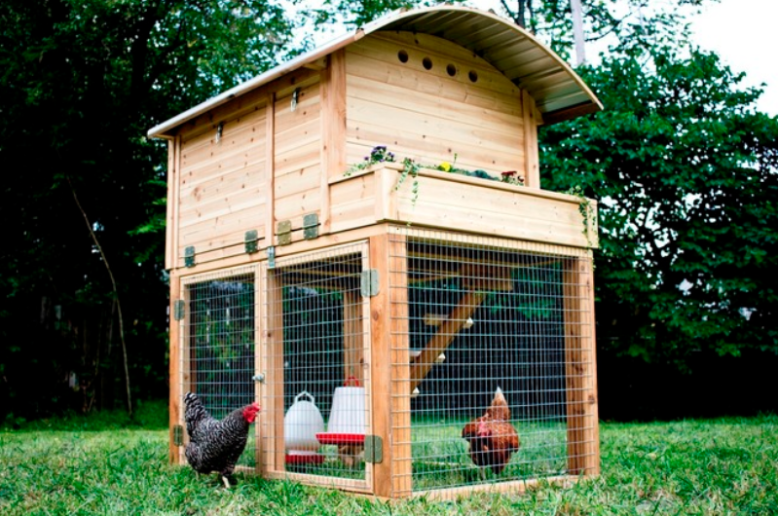What the cluck!? When it comes to raising your own chickens, there’s a lot to consider. You probably already know the benefits of backyard chickens, like the ability to produce your own food, or the chance to teach children how to care for animals. Before you get started with a backyard coop, though, here are some other important things to think about – and some pretty awesome pet care services to help you out along the way!
1. Know your town/city/county’s legal ordinances
First things first: make sure it’s legal to raise chickens in your yard. Things like property size, proximity of neighbors, and health codes often affect whether you can or cannot have chickens of your own. If you’re one of the many wondering “Is it legal to own chickens in my area?”, check out your local town or city’s ordinance guide. This may mean a phone call, a trip to town hall, or just a quick Google search, but it’s worth avoiding trouble or fines down the road!
2. Decide whether to hatch, raise, or …rent?
Next comes the age-old decision: chicken or the egg? Do you want to raise your chickens after they’ve hatched, or do you want to incubate and hatch the chicks yourself? The hatching process can be quite tedious, so if you’re just starting off, chances are you’ll want to work with a local farm or hatchery to pick up newborn chicks.
Other factors will help steer which breed of chicken to choose. Is your main goal to supply your morning omelets? If so, you’ll want “layers.” Layers are breeds, like White Leghorns or Rhode Island Reds, bred specifically to produce eggs (up to 280 a year!). If you’re looking for eggs and meat, then Jersey Giants or Delaware Heritage birds are two breeds better suited for you. For smaller properties with less land available, you may opt for a bantam chicken vs. a standard size chicken. Bantams are smaller and produce smaller eggs, but require less space. It’s also possible to mix breeds within a flock, so don’t fret if you’re not sure which to begin with!
Here’s another option you might not be aware of: you can actually rent chickens to “try out” the idea of a backyard brood without the long-term commitment. Services like ‘Rent The Chicken’ and ‘The Easy Chicken’ supply everything you need: portable chicken coops, egg-laying hens, feed, dishes, and instructions on how to keep your feathered friends happy!

3. Create your coop
If you’re ready to get started with chickens of your own, a good coop is crucial. How big should my chicken coop structure be, you ask? You’ll want to factor around 1-2 sq. feet of space per bird. Sure, you can DIY your own, but we recommend leaving the coop building up to the experts!
Experienced coop builders create chicken coops from high-quality materials and often include beneficial features, like easy-to-clean deep litter systems, heating lamps, and more. Beautifully handcrafted coops of all shapes and sizes.

It’s also recommended to create an outdoor run for your chickens to roam in. They love the freedom to explore, but creating a fence using chicken wire will help to keep them safe and secure!
4. Care for your chickens
Now that their home is established, it’s time to bring in the hens! Be sure to have plenty of chicken feed available, as well as veggie scraps and even grass clippings. The average hen will eat about a quarter pound of feed per day. An abundance of water is equally as important, especially for egg production.

Chickens are generally a lower-maintenance animal, but it is important to arrange care if you’ll be out of your home for an extended period of time! Schedule a farm-sitting service, to ensure your brood is tended to while you’re on vacation.
Finally, be sure to put your and your chickens’ health at the forefront. Hire a pet nutritionist if need be. Keep their coop tidy by removing wet bedding, and scoop up loose feathers and droppings with a small shovel. Completely replace hay and bedding at least once a month to keep things fresh! Regularly scan your brood for clear and alert eyes, cut-free feet and clean, bug-free feathers. If any of your hens appear to be sick or injured, seek out a veterinarian immediately. Above all, be sure to wash your hands every time you handle your flock. Chickens can carry salmonella, so regularly sanitize any shoes, gloves, or tools used in the coop and store them outside of your home.
“But wait, do I need a rooster for my chickens!?”
A VERY common misconception is that you’ll need a rooster in the mix in order for your chickens to produce eggs. You don’t! Hens produce eggs without any help from a rooster. In fact, the only reason you’ll ever want a rooster is if you’re planning to breed chicks of your own – or if you want to wake your neighbors before dawn!
Now that you know the ins and outs of owning your own backyard chickens, you can put together your flock without ruffling any feathers. Good luck!



